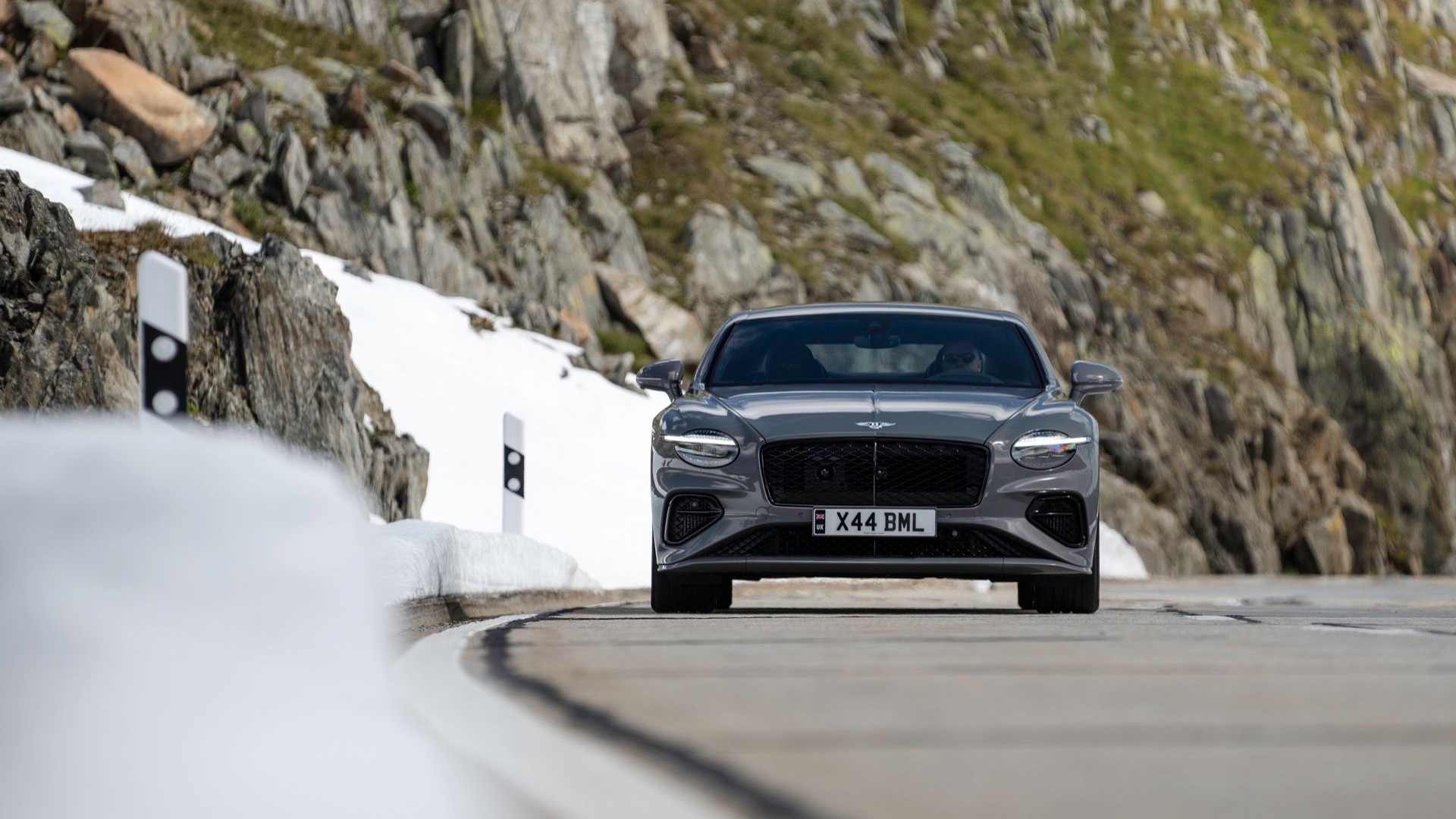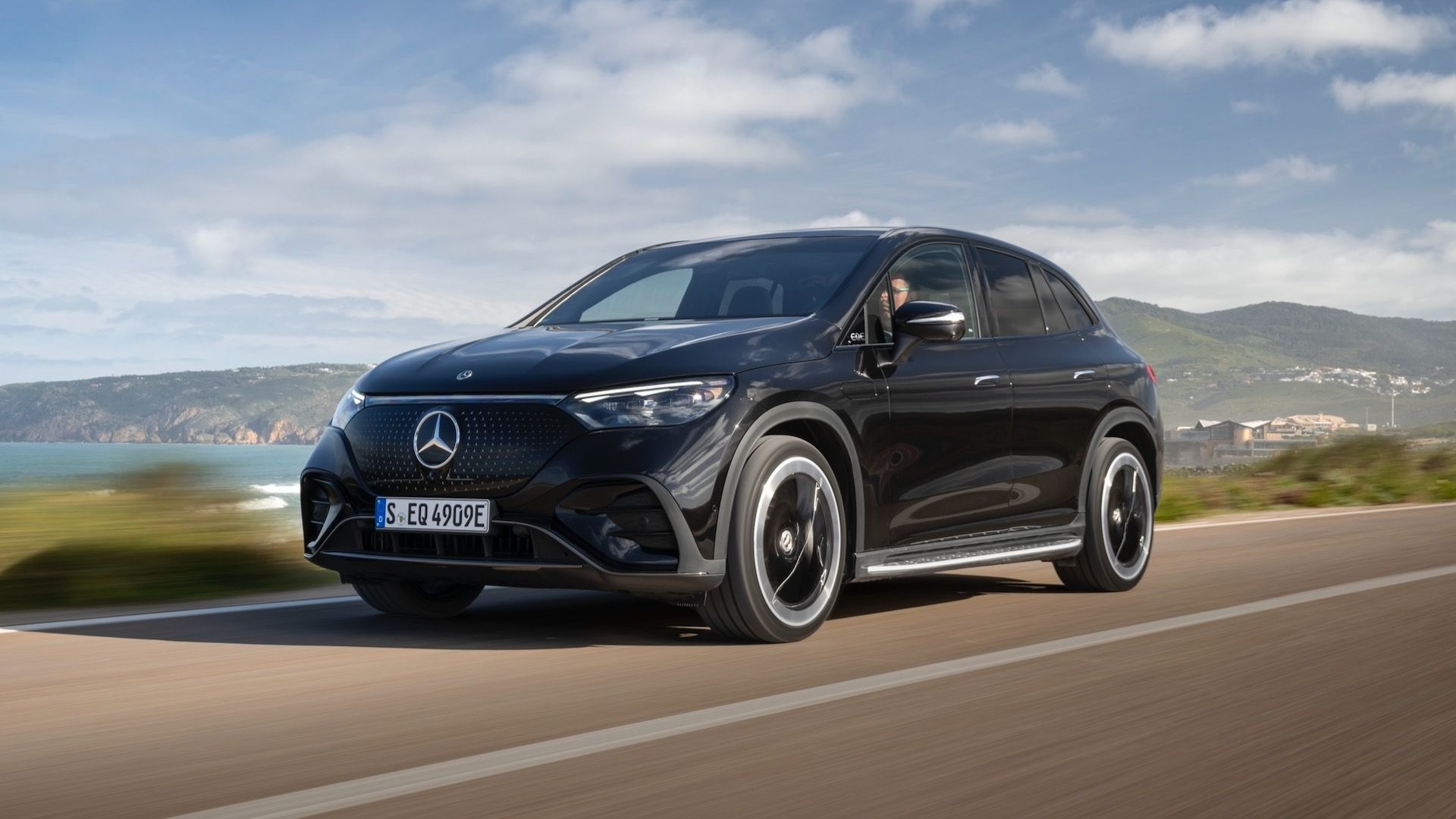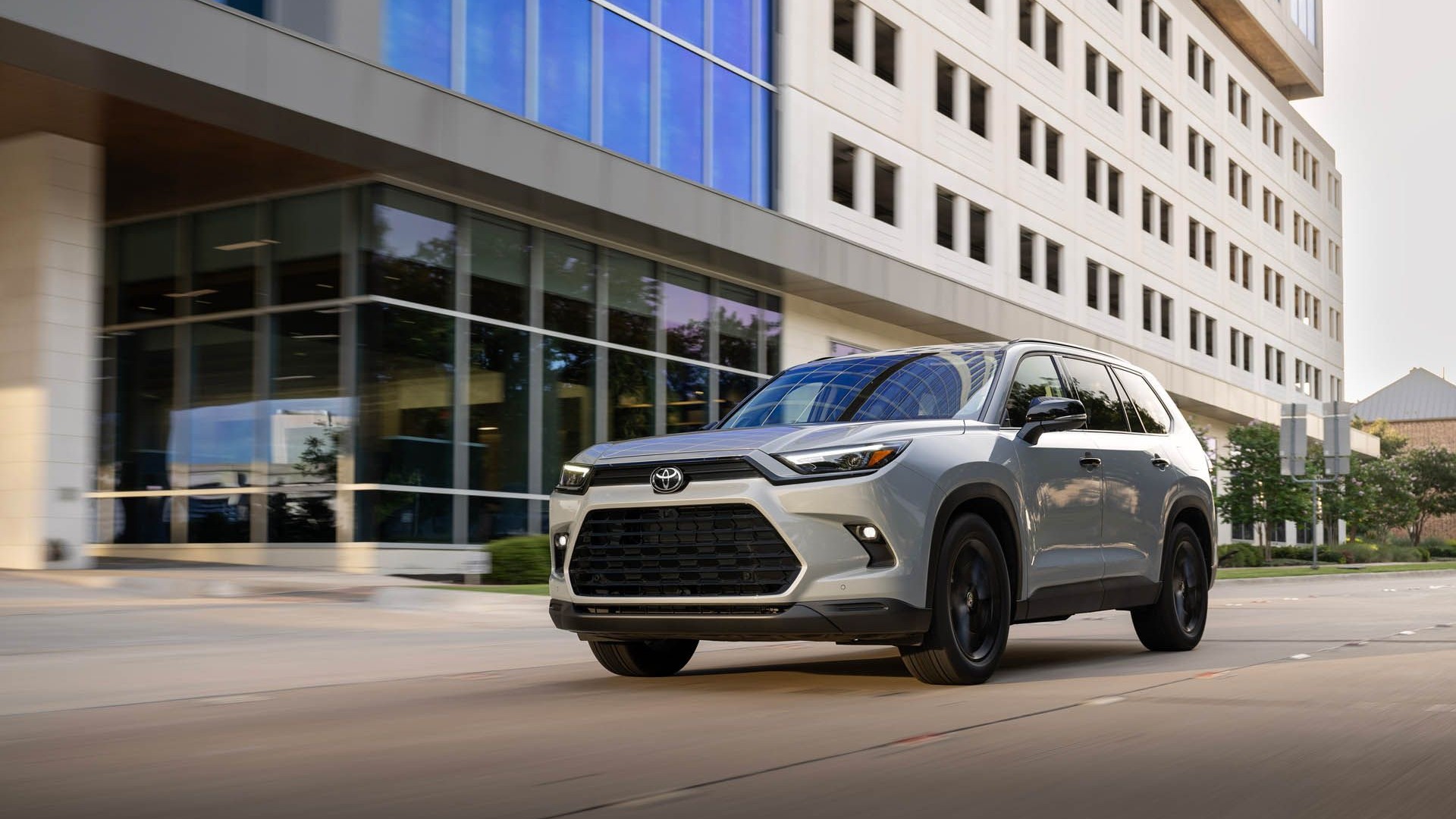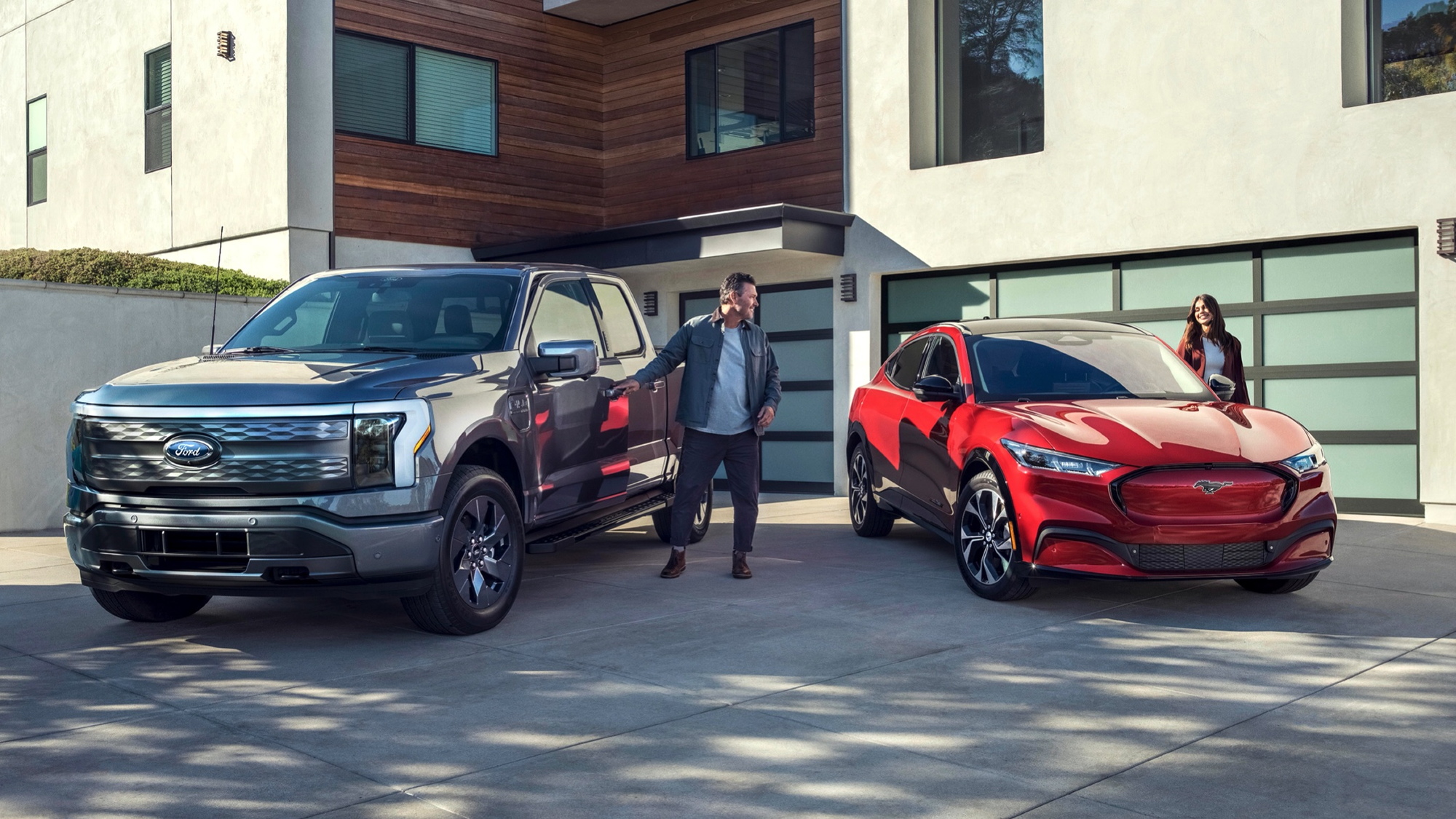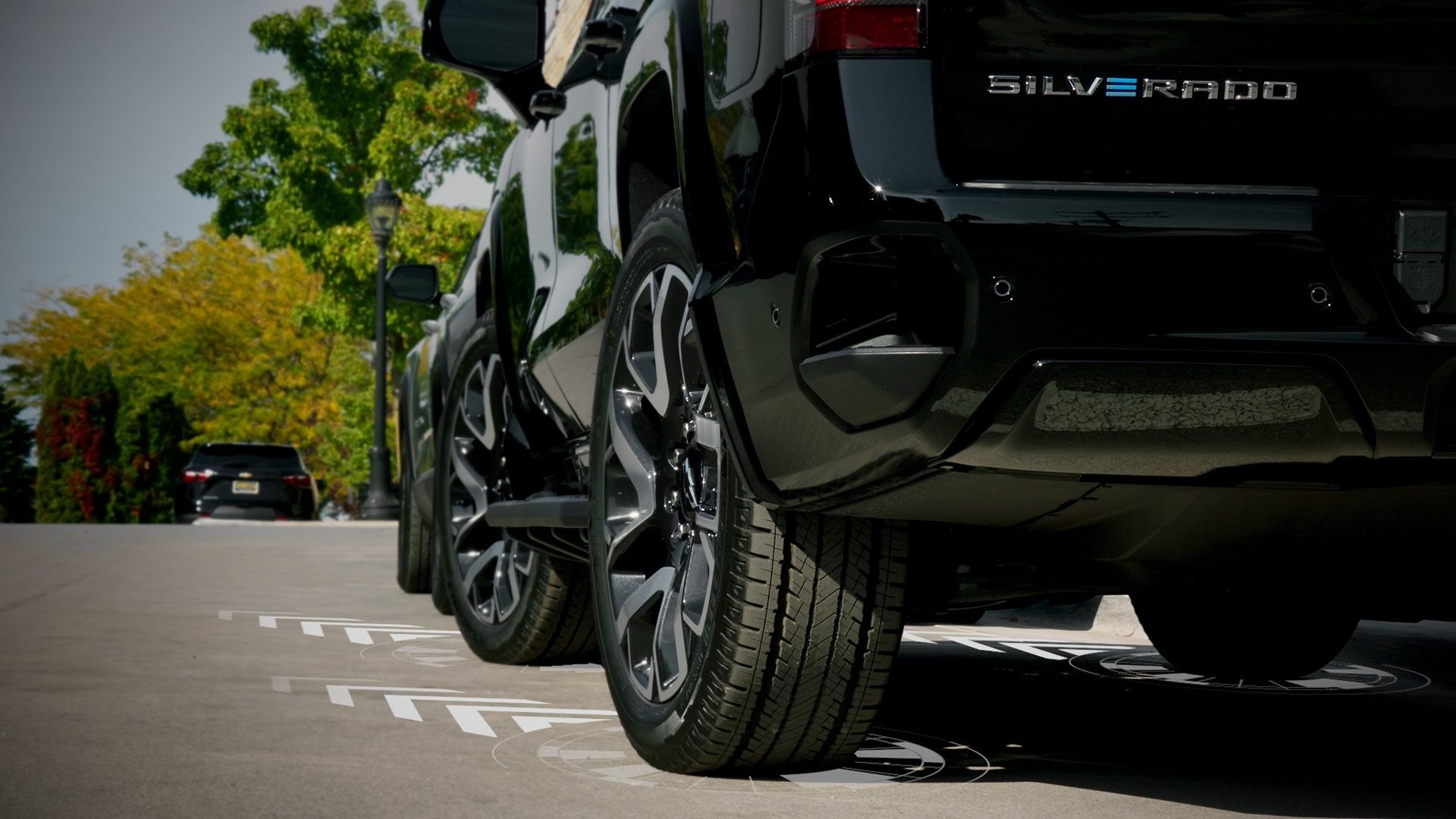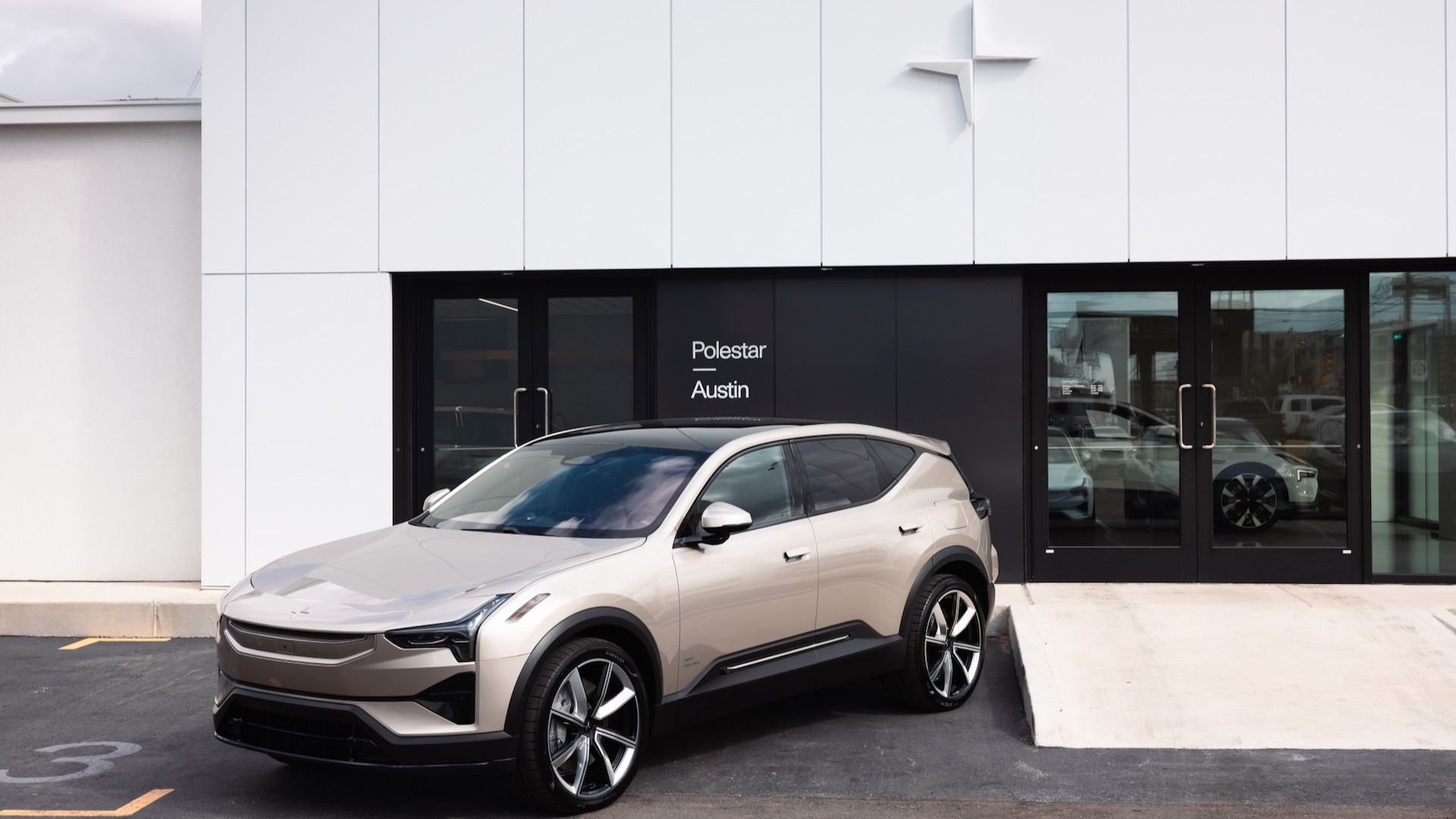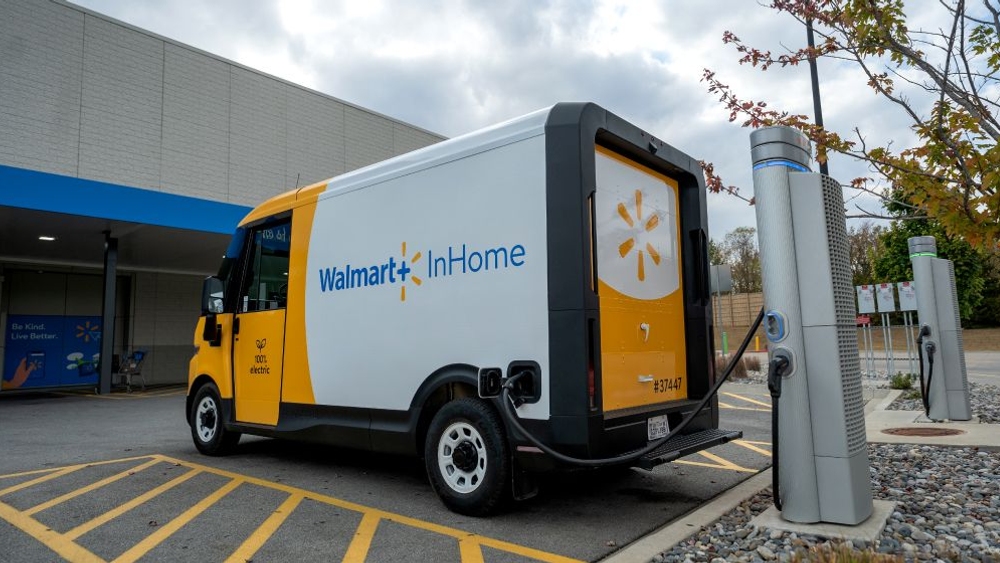Sometime yesterday or today, the 100,000th modern plug-in electric car was delivered to a buyer somewhere in the U.S.
The exact buyer and car will likely never be known.
But any electric-car buyer taking delivery on either day can be forgiven for claiming a small share of the glory.
The first modern plug-in car, a 2010 Nissan Leaf, was delivered to Olivier Chalouhi in a small ceremony in San Francisco on December 11, 2010. The first Volt followed on December 15.
Two years and four months later, plug-in vehicles have reached six figures--and their annual sales rate shows no sign of abating.
Full-year sales for 2011 were about 17,500 cars, spread among the Chevrolet Volt, Ford Focus Electric, Mitsubishi i-MiEV, Nissan Leaf, and Tesla Roadster.
2012 sales triple
That number tripled for 2012, to more than 53,000 cars--with the addition of the Tesla Model S; two plug-in hybrids, the Ford C-Max Energi and the Toyota Prius Plug-In Hybrid; and also two low-volume compliance cars.
Analysts anticipate that the number will double again, pushing 2013 sales of plug-in electric cars over 100,000 units in the U.S. alone--and perhaps double that number globally.
The 100,000-sales mark was celebrated by advocacy group Plug-In America, which has had an odometer-style counter on its front page for several weeks. Early this morning, the counter officially rolled over.
The group's counter ticked up based on a pace of electric-car deliveries calculated from a count of U.S. sales of 95,466 plug-in vehicles from December 2010 through the end of April 2013.
2011 Chevrolet Volt plugged into Coulomb Technologies 240V wall charging unit
Charging station contest
Today, the cars on sale include battery-electric vehicles like the Leaf and Model S, range-extended electric cars like the Volt and Fisker Karma, and plug-in hybrids from Ford, Honda, and Toyota.
Plug-In America said in a statement that it was commemorating "the latest generation of highway-capable plug-in vehicles" that were launched in December 2010.
The group will conduct a drawing for a free electric-car home charging station that's open to anyone who bought a plug-in vehicle between May 15 and Jun 15. More details can be found on the contest entry page.
Major automakers dominate
It's worth noting that the pace of plug-in car sales growth is considerably quicker than that of hybrid-electric vehicles in their first two years, which were 2000 and 2001.
![Tesla owners & supporters gather in Statehouse in Austin to support company [photo: John Griswell] Tesla owners & supporters gather in Statehouse in Austin to support company [photo: John Griswell]](https://images.hgmsites.net/lrg/tesla-owners-supporters-gather-in-statehouse-in-austin-to-support-company-photo-john-griswell_100424739_l.jpg)
Tesla owners & supporters gather in Statehouse in Austin to support company [photo: John Griswell]
Moreover, with the exception of Tesla Motors and its Model S, those electric cars are sold largely by established automakers: Chrysler-Fiat, Ford, General Motors, Honda, Mitsubishi, Nissan, and Toyota.
By this time next year, BMW, Mercedes-Benz, and Volkswagen are expected to have joined that list.
California anomaly
One statistical anomaly: If just 100,000 plug-in electric cars have been sold nationwide, how can California have almost 125,000 electric cars registered in that state alone as of January 1?
We presume that total includes not only some of the 5,000 or so first-generation electric vehicles from 1998-2003, but also both conversions and a large number of low-speed (or neighborhood) electric vehicles that are not capable of highway speeds.
UPDATE: Jay Friedland, Plug-In America's legislative director, confirms that, "The DMV does include NEV registrations, which were at about 60K the last time I checked."
As it has done for two decades, California once again leads the way in adoption of plug-in electric cars.
______________________________________________

